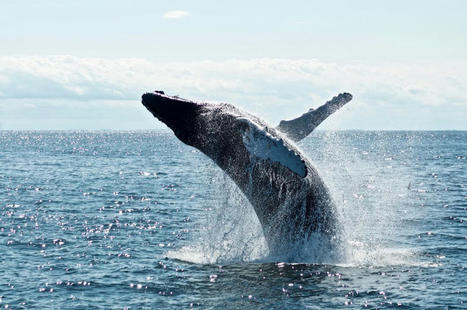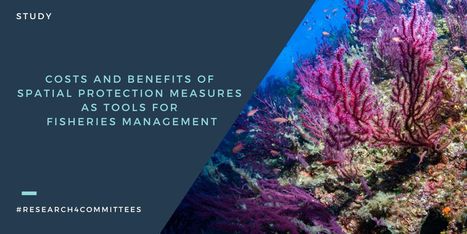Dans un plan dévoilé ce mardi, la Commission européenne détaille ses ambitions pour la pêche : plus d'aires marines protégées, chalutage interdit dans celles-ci, meilleure exploitation des stocks de poissons et bateaux moins énergivores.
Research and publish the best content.
Get Started for FREE
Sign up with Facebook Sign up with X
I don't have a Facebook or a X account
Already have an account: Login
Revue de presse et du net par le Pôle de partage des connaissances S&T de l'Office français de la biodiversité
Curated by
DocBiodiv
 Your new post is loading... Your new post is loading...
 Your new post is loading... Your new post is loading...
|
|
















Cette actualité traitée dans Les Echos https://www.lesechos.fr/industrie-services/energie-environnement/leurope-va-interdire-la-peche-utilisant-le-chalutage-de-fond-dans-les-zones-protegees-1908656